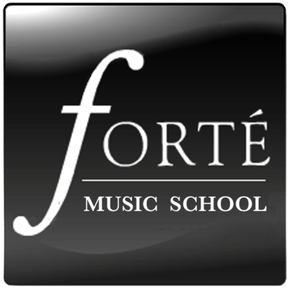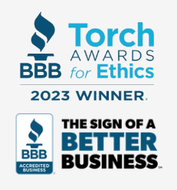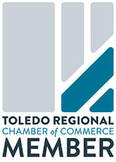PIANO / KEYBOARD LESSONS FOR CHILDREN AND ADULTS
(for ages 5 and up)

What to expect during a typical Piano Lesson:
Our piano teachers teach a variety of styles from classical to popular music. Whether you want to learn Bach or Alicia Keys, our teachers are happy to help you become the pianist you want to be. Our piano faculty will show you the fundamentals of sight reading, technique and theory, but they will also incorporate your favorite songs into your lessons. Our piano teachers have warm personalities and enjoy sharing their love for the piano with you.
Beginner students start with the fundamentals, such as learning the note names of the keys, reading music, and progressing from one hand to two hand songs. More experienced students continue to progress with advanced technique instruction and exercises, especially through significant repertoire.
As a beginner, you do not have to have a piano at home to take lessons. A simple full size electronic keyboard will suffice for the first 6 months. Some of our students rent or buy small electric keyboards to practice on at home. We recommend a keyboard that has regular sized keys, weighted keys, and a touch sensitive response. A touch sensitive keyboard means if you press a key harder it will play louder and if you press a key softer it will play quieter.
- Scale Book, or Technique Warm-ups
- Fingering exercises
- Method Books (lesson book with cd/midi disk)
- Supplementary Books (performance, pop, jazz, and seasonal)
- Sheet Music (several chosen per year)
- Repertoire Books
- Note Speller or Theory Book (Theory Test-optional)
- Sight reading and improvisation
Our piano teachers teach a variety of styles from classical to popular music. Whether you want to learn Bach or Alicia Keys, our teachers are happy to help you become the pianist you want to be. Our piano faculty will show you the fundamentals of sight reading, technique and theory, but they will also incorporate your favorite songs into your lessons. Our piano teachers have warm personalities and enjoy sharing their love for the piano with you.
Beginner students start with the fundamentals, such as learning the note names of the keys, reading music, and progressing from one hand to two hand songs. More experienced students continue to progress with advanced technique instruction and exercises, especially through significant repertoire.
As a beginner, you do not have to have a piano at home to take lessons. A simple full size electronic keyboard will suffice for the first 6 months. Some of our students rent or buy small electric keyboards to practice on at home. We recommend a keyboard that has regular sized keys, weighted keys, and a touch sensitive response. A touch sensitive keyboard means if you press a key harder it will play louder and if you press a key softer it will play quieter.
|
|
|



